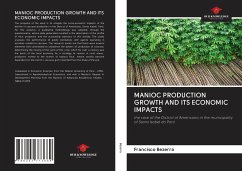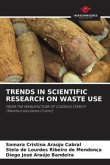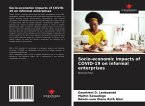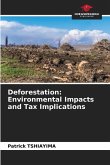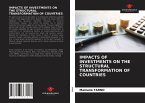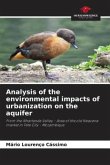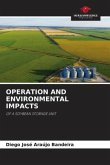The proposal of the work is to analyze the socio-economic impacts of the decline in cassava production in the District of Americano, Santa Isabel, Pará. For this analysis, a qualitative methodology was adopted, through the questionnaire, whose data generated resulted in the description of the profile of flour producers and the accounting statistics of this activity. The study analyses the performance of public institutions with agents operating in activities related to cassava. The research points out that there were several elements that contributed to unbalance the pattern of production of cassava, determining the closing of the cycle of this crop, which for over a century was the basis of the local economy. As a strategy to remain in rural areas, producers moved to the branch of tapioca flour, whose activity became dependent on the starch / cassava gum imported from the State of Paraná

